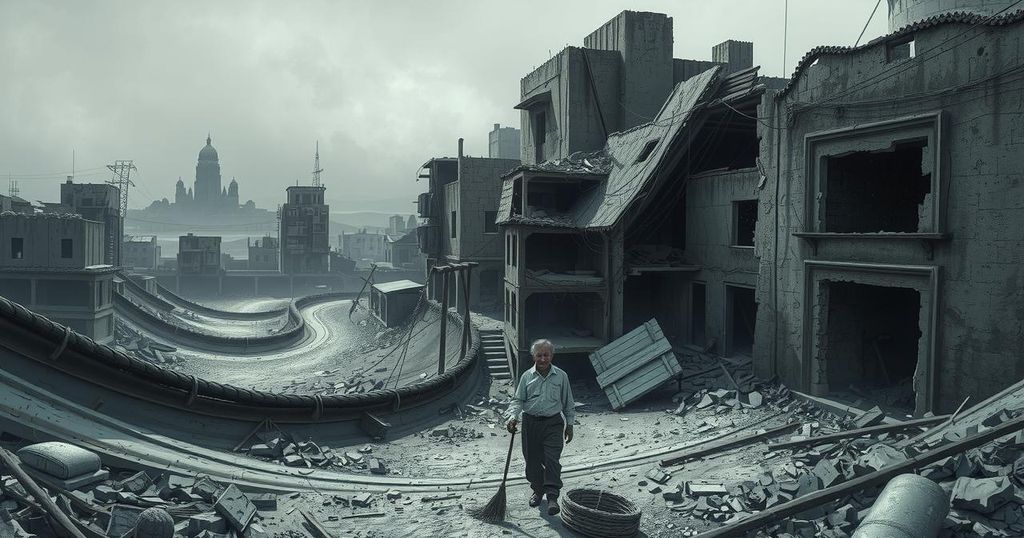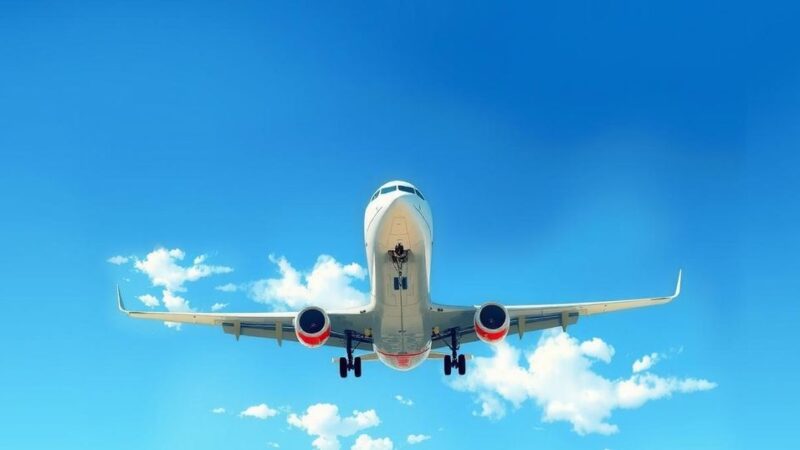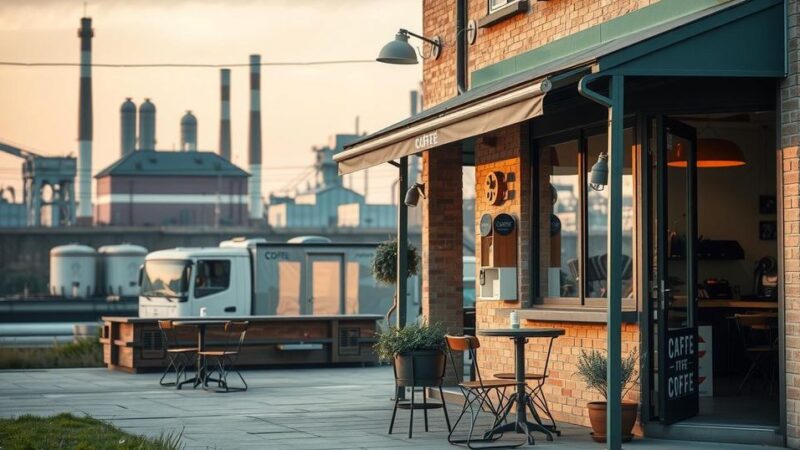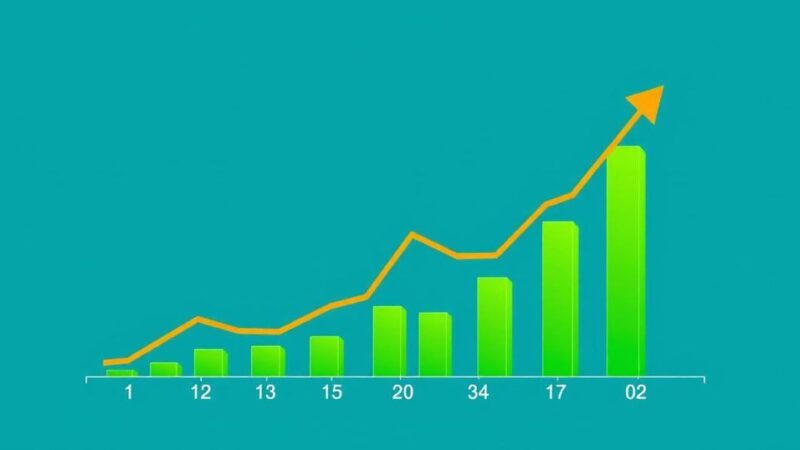The World Bank’s latest report highlights that 46% of Nigerians live below the poverty line due to inflation outpacing minimum wage growth. Despite Nigeria’s status as Africa’s largest economy, wealth is not reaching the people. Lawmakers continue to benefit financially, aggravating public discontent.
The World Bank has sharply criticized Nigeria’s economic situation, revealing that nearly half of the country’s population now lives in poverty. According to the Bank’s latest Nigeria Development Update, which was released in Abuja, approximately 107 million Nigerians—about 46 percent of the population—exist below the international poverty line of $2.15 a day as of 2024. This revelation comes despite Nigeria’s status as Africa’s largest economy.
The report underscores a continuing trend of rising inflation, which has substantially eroded the minimum wage’s purchasing power. The World Bank noted, “Successive years of rising inflation and sluggish growth have increased poverty and hardship levels.” Disturbingly, 40 million additional individuals have fallen into poverty since 2018/19.
While Nigeria’s GDP appears to grow on paper, the wealth generated is not reaching the majority of citizens. The report states, “From a static perspective, Nigeria’s economy needs to grow to boost incomes and meet aspirations.” Currently, the annual GDP per capita in Nigeria is just 4.4% of that of Singapore and only 30% of Botswana’s, despite the latter having fewer natural resources but better economic governance.
If Nigeria’s economic output were evenly distributed, each citizen could theoretically earn around N100,000 a month—yet this figure remains insufficient to cover essential living expenses, particularly in urban areas where inflation is rampant. With a population nearing 232.7 million and a GDP of N277.5 trillion, these numbers illustrate a severe divide between Nigeria’s political elites and the everyday citizens.
Amidst these grim statistics, Nigerians are witnessing their leaders enjoying significant financial benefits. A recent federal lawmaker’s revelations sparked public outrage when he disclosed the exorbitant amounts allocated to lawmakers for “constituency projects.” Since President Bola Tinubu removed the fuel subsidy, no Senator is reportedly receiving less than N2 billion, and House representatives are guaranteed at least N1 billion each.
This announcement, made during a gathering in Osun State, highlights the ongoing culture of corruption and spending opacity within Nigeria’s legislature, further alienating the populace that is already reeling from economic hardships. The reactions from citizens reflect a growing frustration with the disconnect between the economic policies and the lived realities of ordinary Nigerians.
In summary, the World Bank’s report reveals a troubling economic landscape in Nigeria, where nearly half the population lives in poverty amid runaway inflation and stagnant wages. There is a stark contrast between the wealth generated by the economy and what ordinary Nigerians experience. Moreover, the luxurious lifestyle of lawmakers contributes to citizens’ growing frustrations as they grapple with these harsh economic realities.
Original Source: saharareporters.com






